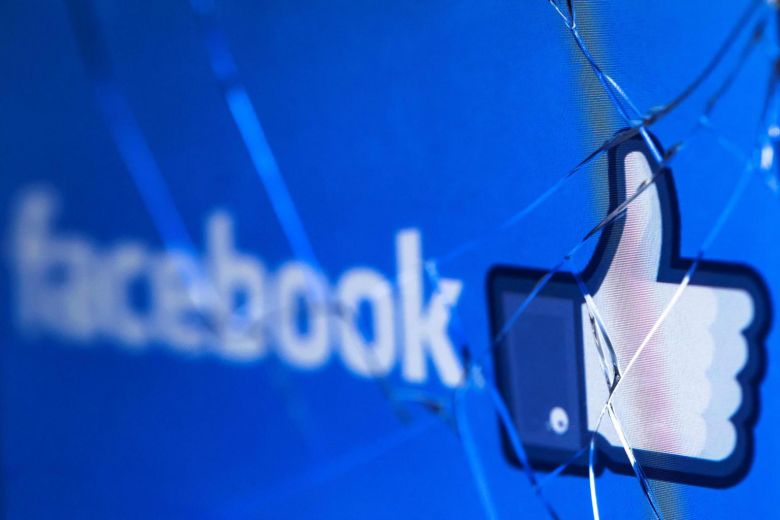Advertisers react to report on Facebook
November 17, 2018 | Expert Insights

Several top marketers were openly critical of the tech giant, after an investigation detailing how Facebook's top executives made the company's growth a priority while ignoring and hiding warning signs over how its data and power were being exploited.
Background
Facebook, a social media and social networking site, was launched by Mark Zuckerberg in 2004 along with some of his Harvard roommates. Almost instantly the site was a hit among its users and grew exponentially across the world. As of June 2017, Zuckerberg said that Facebook had two billion users monthly.
Facebook has more than 2 billion monthly active users as of June 2017. Its popularity has led to prominent media coverage for the company, including significant scrutiny over privacy and the psychological effects it has on users.
In May 2017, it emerged that Facebook was a key influencer in the outcome of the 2016 US Presidential election and the Brexit vote, according to those who ran the campaigns. Those in charge of these digital campaigns believe that the social network was decisive in both wins. In the past years, social media, in general, has come under scrutiny for hate campaigns and terrorist propaganda, the presence of bots, and the proliferation of so-called fake news ahead of elections.
Since the start of 2018, Facebook has committed to making significant changes to their platform. In a post on his page on the social network early this month, creator and CEO Mark Zuckerberg said the website was making too many errors enforcing policies and preventing misuse of its tools. Zuckerberg has famously set himself challenges every year since 2009. This year the Facebook creator said his “Personal challenge” is to fix important issues with the platform to prevent misuse of the website.
Analysis
Advertisers are the financial engine of Facebook, but lately, the relationship had gotten rocky. A recent report reveals how Facebook's top executives - Mr Mark Zuckerberg and Ms Sheryl Sandberg - made the company's growth a priority while ignoring and hiding warning signs over how its data and power were being exploited to disrupt elections and spread toxic content.
The report also spotlighted a lobbying campaign overseen by Ms Sandberg, who also oversees advertising, that sought to shift public anger to Facebook's critics and rival tech firms. Marketers have grumbled about Facebook in the past, concerned that advertisements could appear next to misinformation and hate speech on the platform.
They have complained about how the company handles consumer data and how it measures ads and its user base. However, those issues were not enough to outweigh the lure of Facebook's vast audience and the company's insistence it was trying to address its flaws.
And while ad agencies or their holding companies, like Publicis, place money on behalf of brands, it is up to the brands to decide whether to advertise on Facebook. "Now we know Facebook will do whatever it takes to make money. They have absolutely no morals." Said Mr Toboccowala, the Chief Growth Officer of Publicis Groupe.
Almost all of Facebook's revenue - which climbed to just over US$40 billion (S$55.03 billion) last year - comes from advertisers, which range from local businesses to global brands.
Along with Google, Facebook dominates the digital advertising market, and even as user growth has slowed, its revenue has risen quarter after quarter.
Mr Keith Weed, the chief marketing officer for Unilever, created a stir this year when he said the company would not invest in platforms or environments "which create division in society and promote anger or hate".
Unilever, one of the world's biggest advertisers and the owner of brands like Dove and Lipton, said it would "prioritise investing only in responsible platforms that are committed to creating a positive impact in society".
Assessment
Our assessment is that Facebook should establish an ombudsman role to assess its societal risks, with reports in its regular financial filings. We believe that since Facebook exercises a considerable influence on society, it should reform itself and its operations in order to counter the rising threat of misinformation.








Comments